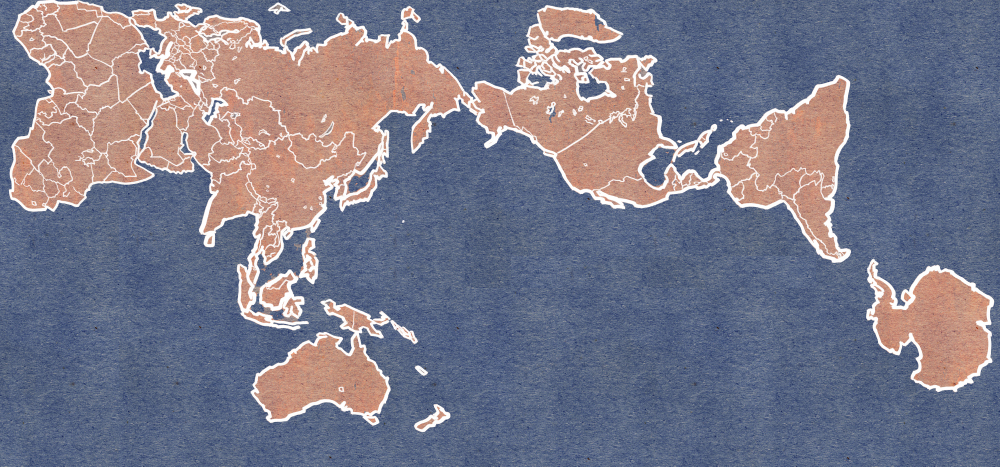Karim Maiche approach BRICS – Islamic world connection.
What is the role of the Islamic world in the processes of multilateralism and pluralization of the world order? Islamic countries or Muslim-majority countries are already integral part of various multilateral institutions while Islamic states and representative institutions are connected to the hub of multilateral institutions.
While there has been some speculation regarding the joining of Muslim-majority countries such as Turkey and Indonesia among others to BRICS in the future, how would that effect on the plurality among BRICS countries and its structures? In the final declaration of ninth BRICS summit held at Xiamen in 2017, the pluralism and diversity were stressed:
We will embrace cultural diversity and promote people-to-people exchanges to garner more popular support for BRICS cooperation through deepened traditional friendships. We will expand people-to-people exchanges in all dimensions, encourage all fabrics of the society to participate in BRICS cooperation, promote mutual learning between our cultures and civilizations, enhance communication and mutual understanding among our peoples and deepen traditional friendships, thus making BRICS partnership closer to our people’s hearts.
BRICS have highlighted its positive orientation towards pluralism and diversity in many occasions and it seem to posses less anti-Islamic prejudices compared to current EU or US political atmospheres, while not immune to them either. Is there room for Islamic values in BRICS?

It is important to highlight the plurality of the Muslim world and challenge the reductive understanding of the concept “Islamic world” in the first place. Islamic world, from Morocco to Indonesia, contain various historical, cultural and socio-economic variations that complicates its understanding and use as compact singular entity. In addition, BRICS member states include important Muslim diasporas. The world’s second largest Muslim population can be found in India. Therefore, one can ask how would Islamic BRICS member effect on the domestic policies of the current BRICS countries?
BRICS have taken position in which diversity is considered as strength. However, the future BRICS members should bring more concrete elements than values: positive economic implications. The Muslim-majority countries as well as the religion of Islam in general takes favorable position regarding capitalism and free trade, which has been seen both in the past as well as in contemporary economic policies of these countries. How political and economic performances of multiple Islamic world through multilateral institutions might impact on processes of pluralization of the global world order in the 21st century in general and with the BRICS in particular? The answer may be mostly economic and security related.
Recently BRICS countries have gone through multiple internal and external transformations. The regime change in Brazil and changes in leadership in South Africa instigate many questions regarding their orientation within BRICS. Meanwhile, China’s extensive OBOR design disrupts India’s economic and security interests pushing Delhi to balance China’s influence with other regional and international powers. Recently, BRICS has been transformed rather as a tool for China and Russia to develop their multilateral relations. How other players can benefit from BRICS?
The role of the BRICS as platform in challenging the US hegemonic world order have suffered from internal competition, regime changes and other international multilateral processes that have distracted its horizontal and vertical formation. BRICS is functioning in close relation with other multilateral institutions (such as SCO in UFA e.g.) and if BRICS cannot re-establish its purpose and design, why should it estasblish the platform for Muslim-majority countries such as Turkey or Indonesia? Iran, for example, is probably more interested in integration within security organizations such as SCO and not BRICS, while suffering from military threats from the US.
There have been some speculation regarding the weakening of the importance of BRICS as a platform for its member states. However, it is too early to make decisions regarding the faith of this platform. The critical stance of the current US administration regarding the multilateral processes and globalization in general leaves abundantly space for future regional and multilateral transformations, where BRICS have various roles to play in the construction of multipolar world order.
Karim Maiche

